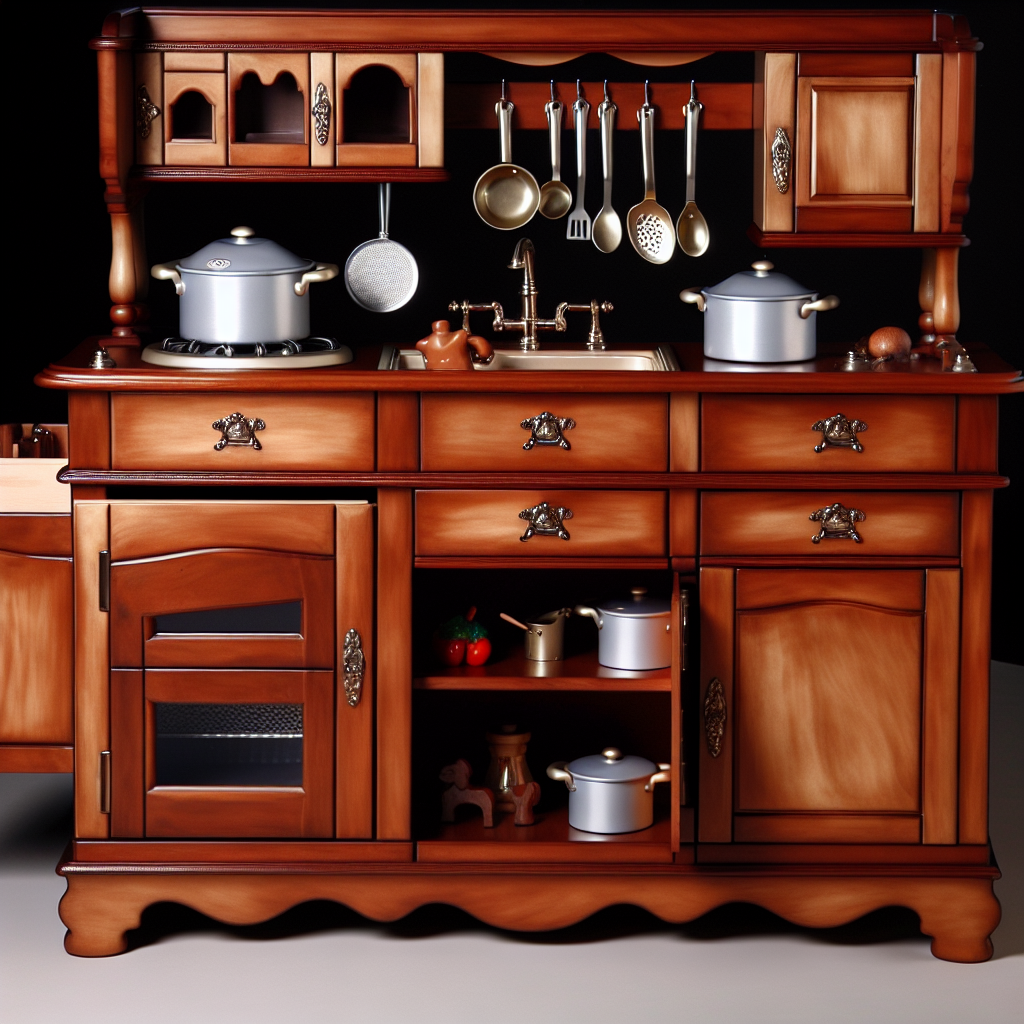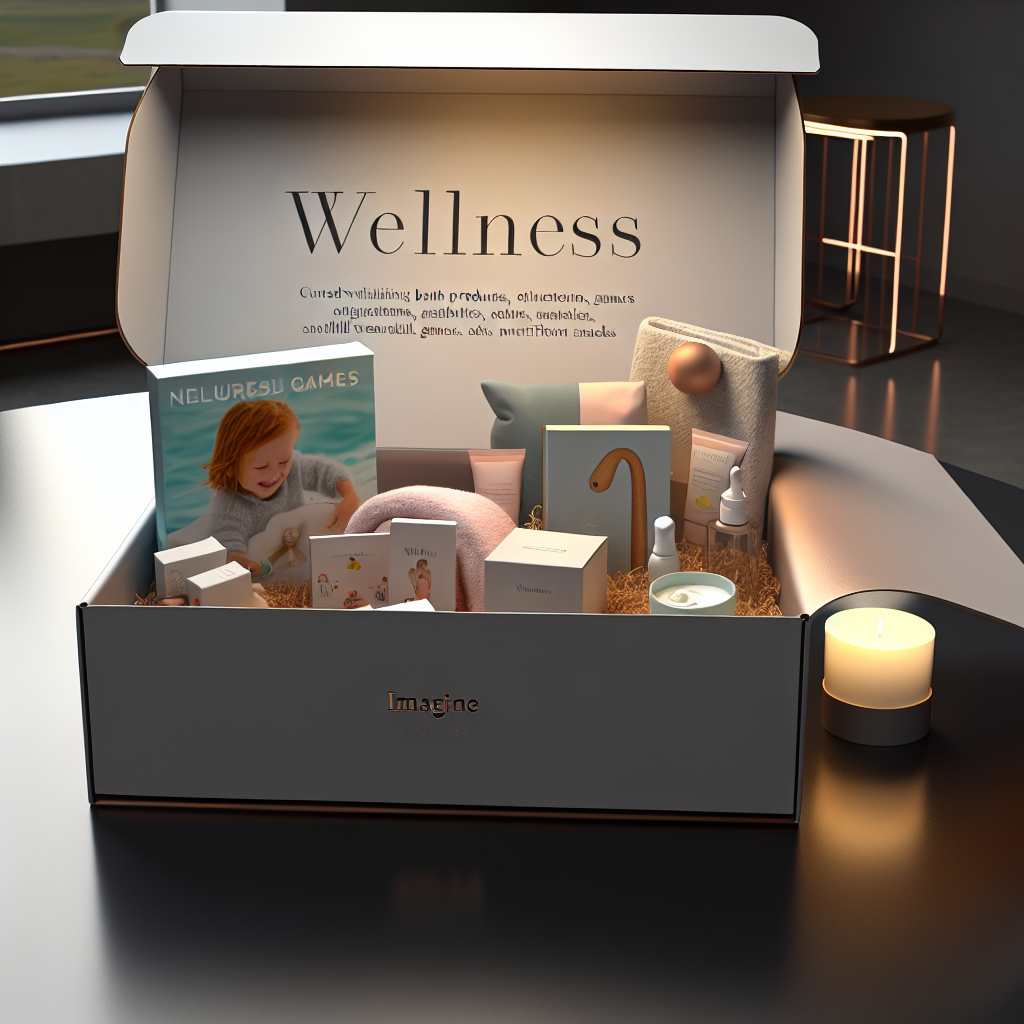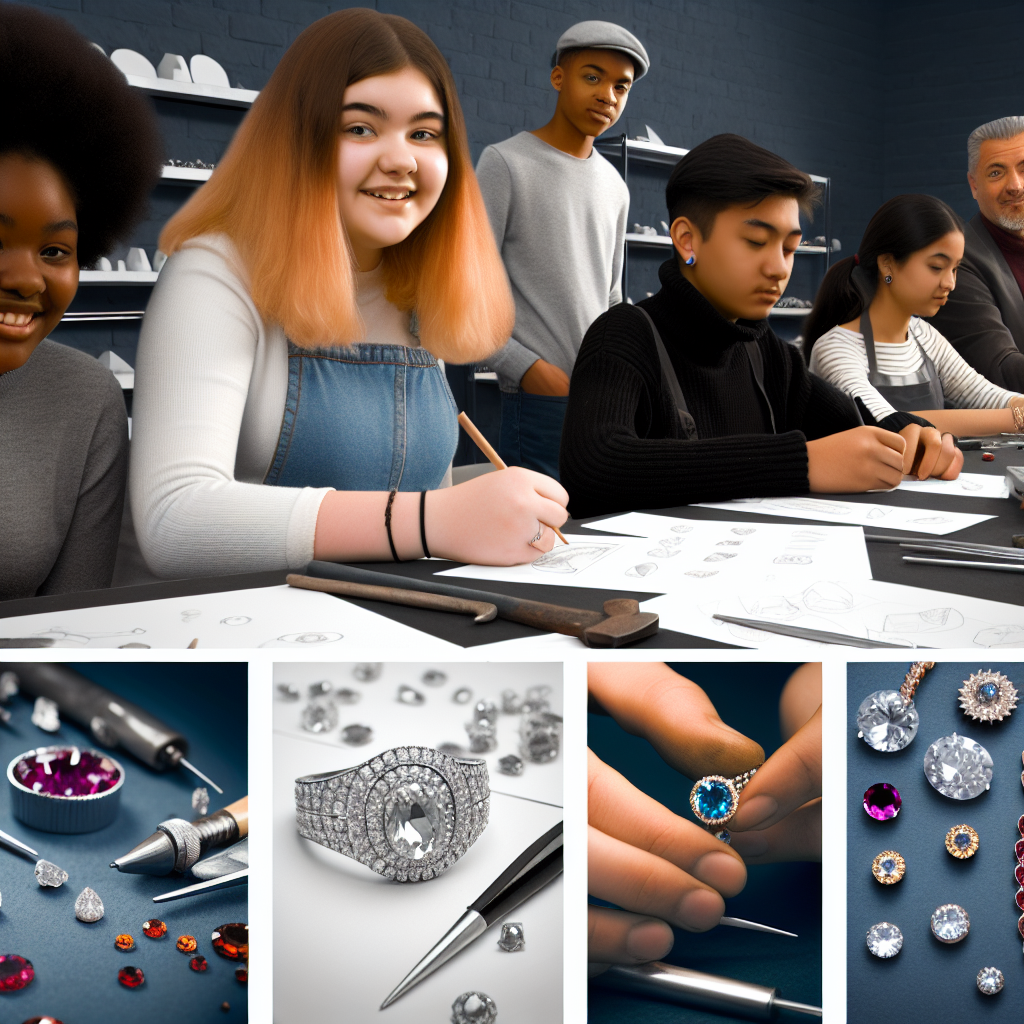Premium Heirloom-Quality Play Kitchens: Investment-Grade Designs
The Art of Play Meets Timeless Craftsmanship
In the world of luxury parenting, selecting the right toys goes far beyond aesthetics—it’s about making impactful choices that balance quality, safety, sustainability, and a child’s long-term development. One standout category where savvy parents are investing wisely is in heirloom-quality play kitchens. These are not your ordinary playsets; they’re handcrafted miniature environments that encourage creative expression while offering unmatched longevity and value.
Unlike mass-produced plastic sets that fade, crack, or break in mere months, these premium play kitchens are constructed from sustainably sourced hardwoods, hand-finished using non-toxic stains, and often feature artisanal elements like brass knobs, copper faucets, or intricate cabinetry. Designed to mirror modern culinary aesthetics, they seamlessly blend into stylish living spaces, maintaining the integrity of upscale interior design.
These kitchens don’t just look beautiful—they’re thoughtfully engineered to stimulate imaginative play, enhance cognitive growth, and encourage early role-based learning. From an early age, children immerse themselves in activities like “cooking,” “serving,” and “cleaning,” which mimic adult responsibilities and reinforce confidence, communication, and empathy.
For families who prioritize long-term enrichment over short-lived trend purchases, these kitchens become more than toys—they’re legacies. Passed down through siblings, cousins, or future generations, an heirloom-quality play kitchen embodies sustainability, emotional connection, and timeless taste. It’s not just an addition to the playroom; it’s an extension of parenting values.
Backed by Science: Why Premium Play Kitchens Promote Real Development
Beyond their elegance and durability, heirloom play kitchens support developmental psychology. Numerous studies confirm that pretend play is a cornerstone of early childhood development. Richly detailed and interactive play environments like these kitchens provide the perfect platform for these benefits to flourish.
According to a 2011 study in Developmental Review, pretend play fosters language development, cognitive flexibility, and social competence. When children engage in scenarios—like cooking for guests or setting a table—they aren’t simply imitating adults; they’re developing executive functions such as memory recall, task sequencing, and self-regulation. These skills form the foundation for later academic and emotional success.
The American Academy of Pediatrics adds that play is “essential to development” because it contributes to cognitive, physical, emotional, and social well-being. Particularly in unstructured settings like those inspired by high-end play kitchens, children learn to collaborate, empathize, problem-solve, and self-direct.
Research from the National Association for the Education of Young Children (NAEYC) emphasizes that higher-quality, open-ended materials encourage deeper play. Children are more likely to engage in extended, imaginative scenarios when the tools of their environment—like those in heirloom kitchens—feel authentic, beautiful, and tactile.
Even in areas like nutrition and health, these kitchens provide invisible advantages. A 2010 study by the University of Minnesota, as published in the Journal of the American Dietetic Association, showed that children involved in food-related pretend play were more likely to prefer healthy foods such as fruits and vegetables. By interacting with miniature foods and play kitchens, children gain familiarity with meal preparation and healthy ingredients, laying the groundwork for future wellness practices.
In short, premium play kitchens are more than playthings—they are expertly crafted vehicles for learning, bonding, and building lifelong habits.
A Kitchen Today, A Legacy Tomorrow
In today’s oversaturated toy market, where disposability often overshadows durability, the resurgence of heirloom-quality children’s furniture represents a turning point. Parents are now focused not simply on what entertains but what educates, endures, and enriches. A play kitchen made with care becomes more than a backdrop for fun—it transforms into a family keepsake that evokes memories and nurtures growth.
With their combination of refined aesthetics, educational value, and sustainable design, these kitchens encapsulate the values of modern families who want the best for their children—now and in the future. Investing in one is not splurging—it’s making a declaration: that intentional parenting starts with intentional play.
Let KidLuxury.com be your go-to source for thoughtful, beautifully designed play furniture that supports your child’s world and reflects your refined taste. Make the shift from play to purpose—one heirloom kitchen at a time.
References
- Lillard, A. S., et al. (2011). The Impact of Pretend Play on Children’s Development: A Review of the Evidence. Developmental Review.
- American Academy of Pediatrics. (2018). The Power of Play: A Pediatric Role in Enhancing Development in Young Children. Pediatrics.
- Heim, S., et al. (2010). A Garden-Based Nutrition Intervention for Children. Journal of the American Dietetic Association.
- National Association for the Education of Young Children (NAEYC). (2020). Selecting Appropriate Toys for Young Children.

Dominic E. is a passionate filmmaker navigating the exciting intersection of art and science. By day, he delves into the complexities of the human body as a full-time medical writer, meticulously translating intricate medical concepts into accessible and engaging narratives. By night, he explores the boundless realm of cinematic storytelling, crafting narratives that evoke emotion and challenge perspectives. Film Student and Full-time Medical Writer for ContentVendor.com




